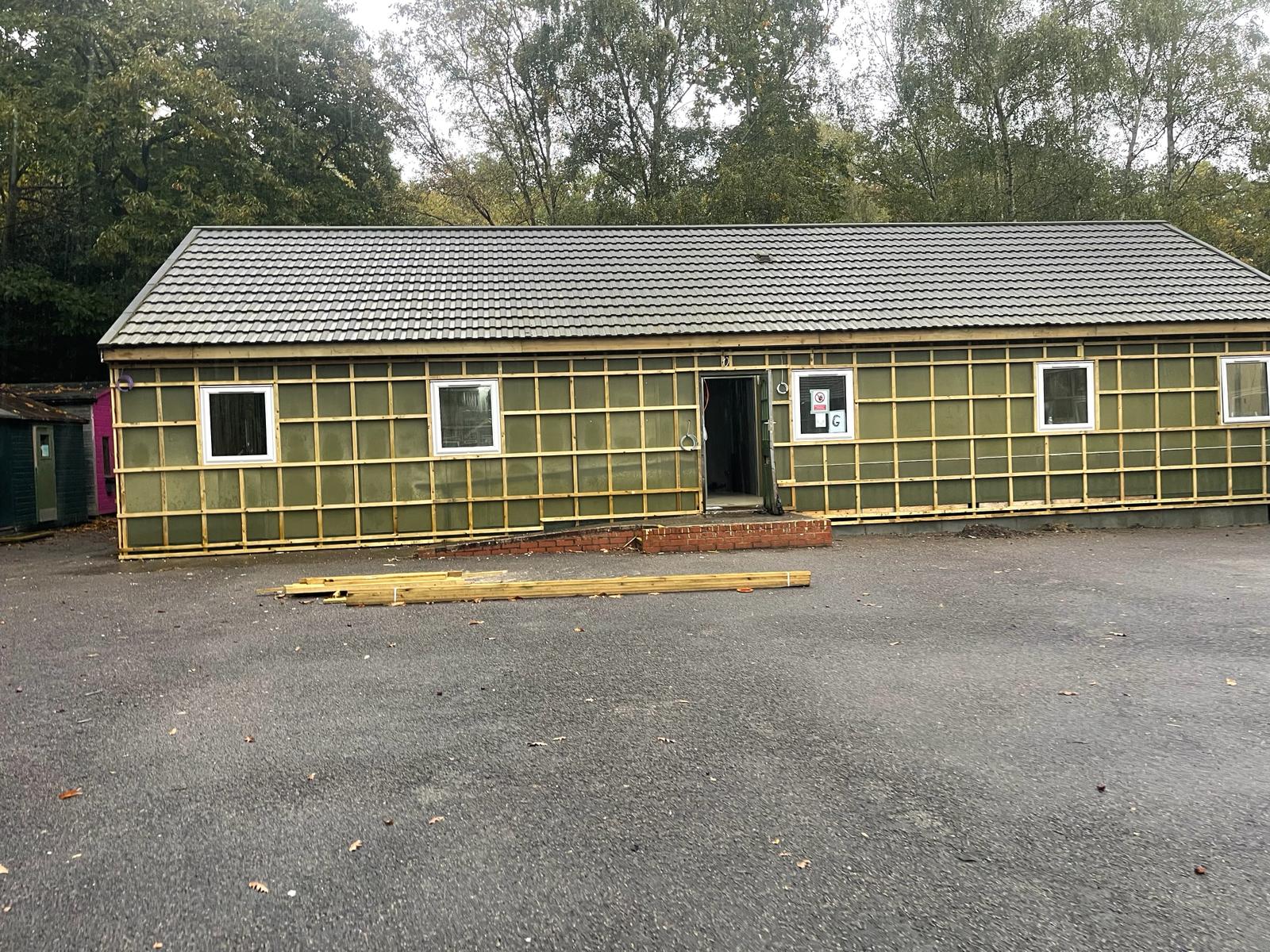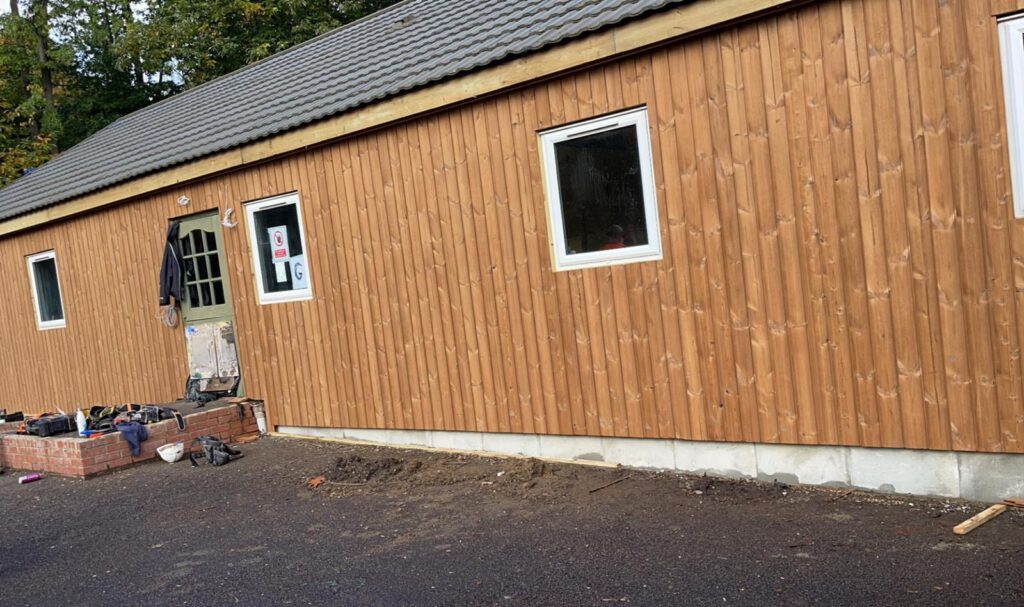

Exterior wood cladding involves layering timber profiles to enhance a building’s visual appeal while providing effective protection against moisture and air penetration. The way each strip interlocks varies depending on the chosen timber profile, allowing for a wide range of architectural finishes.
Timber is a strong yet lightweight material that delivers both protective and decorative benefits. It is also highly workable, making it ideal for future alterations, repairs or design adaptations.
The performance and longevity of lower-durability timber species can be significantly improved through factory-applied treatment technologies, including preservative treatments and approved flame retardants, enhancing both durability and fire resistance.
Surface finishes may be applied to customise the appearance or provide additional protection, ensuring the cladding performs well in varying weather conditions.
Wood cladding is suitable for both new-build and renovation projects, offering flexibility across a wide range of property types.
Dry installation methods allow the building envelope to be completed more quickly, improving build efficiency and reducing on-site disruption.
Timber-clad buildings can remove the need for masonry outer walls, helping to lower foundation costs and streamline construction.
Cladding panels can also be pre-fabricated off-site, complete with insulation and breather membranes, reducing installation time, labour and overall project costs.
From an environmental perspective, timber is a renewable resource supported by certified sustainable forestry schemes. It has a low carbon footprint, requiring less energy to produce than many alternative construction materials. The use of timber encourages the expansion of managed forests that absorb CO₂, contributing positively to climate change mitigation.
Additionally, timber offers excellent potential for re-use or recycling at the end of its lifecycle, further reinforcing its sustainability credentials.
